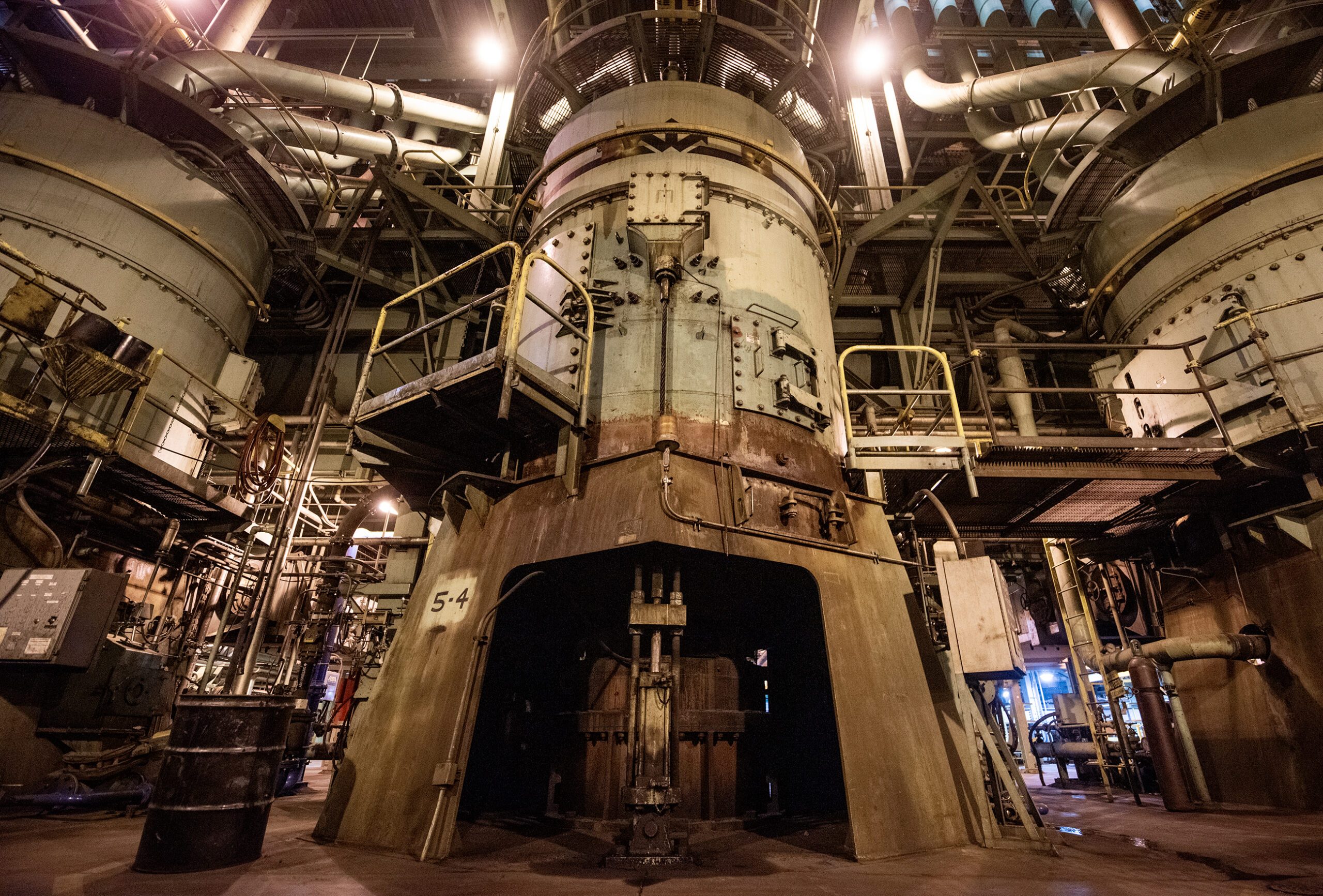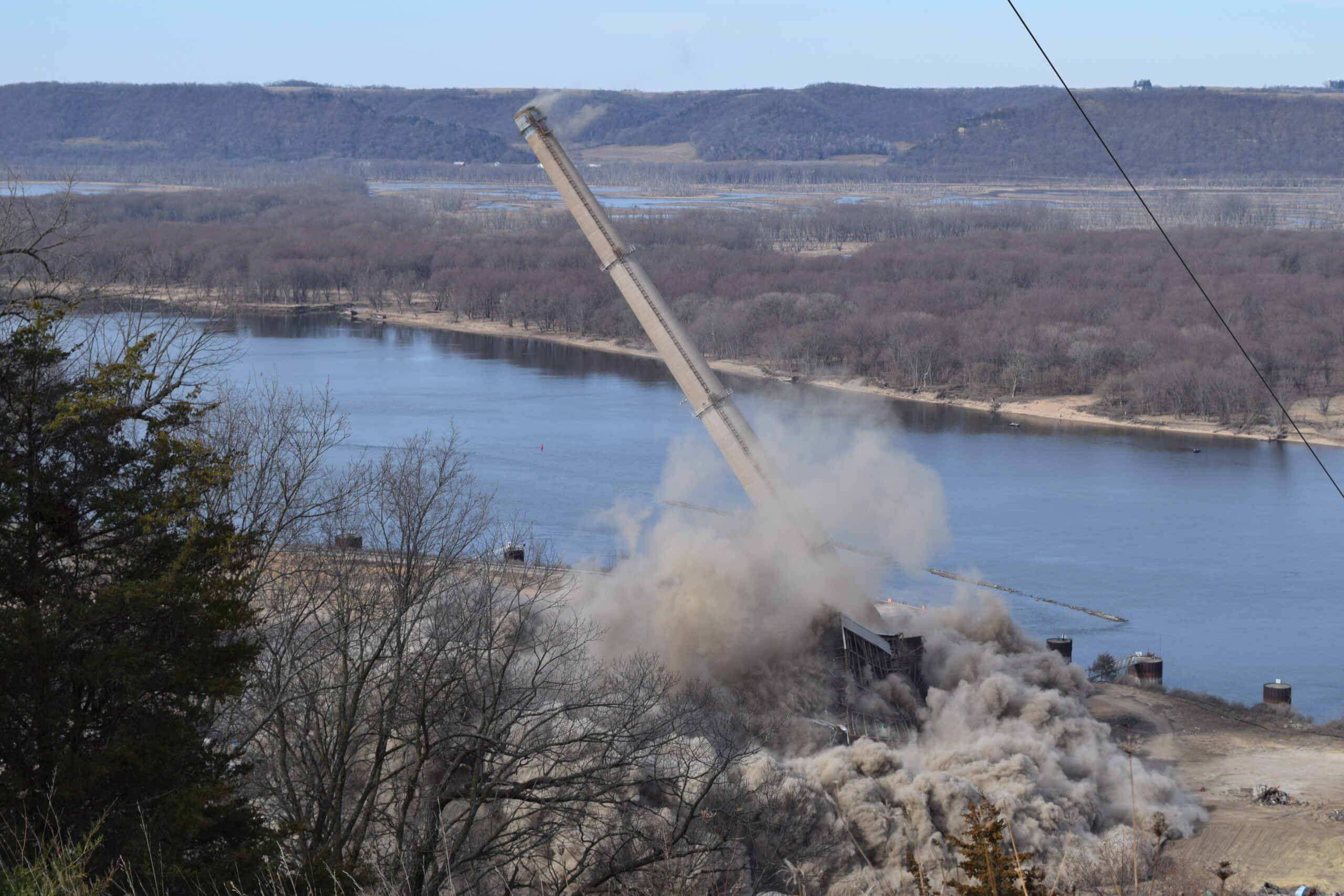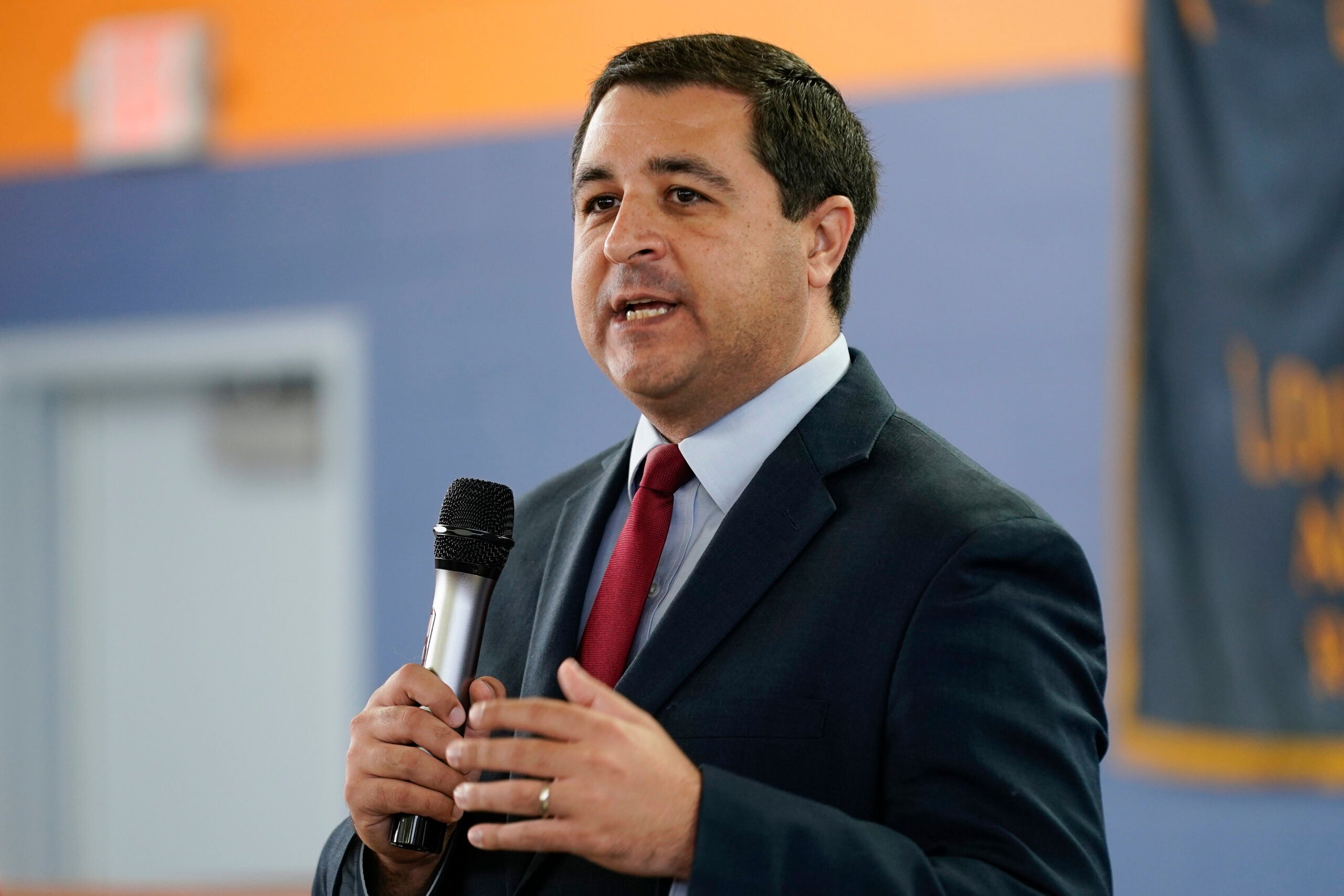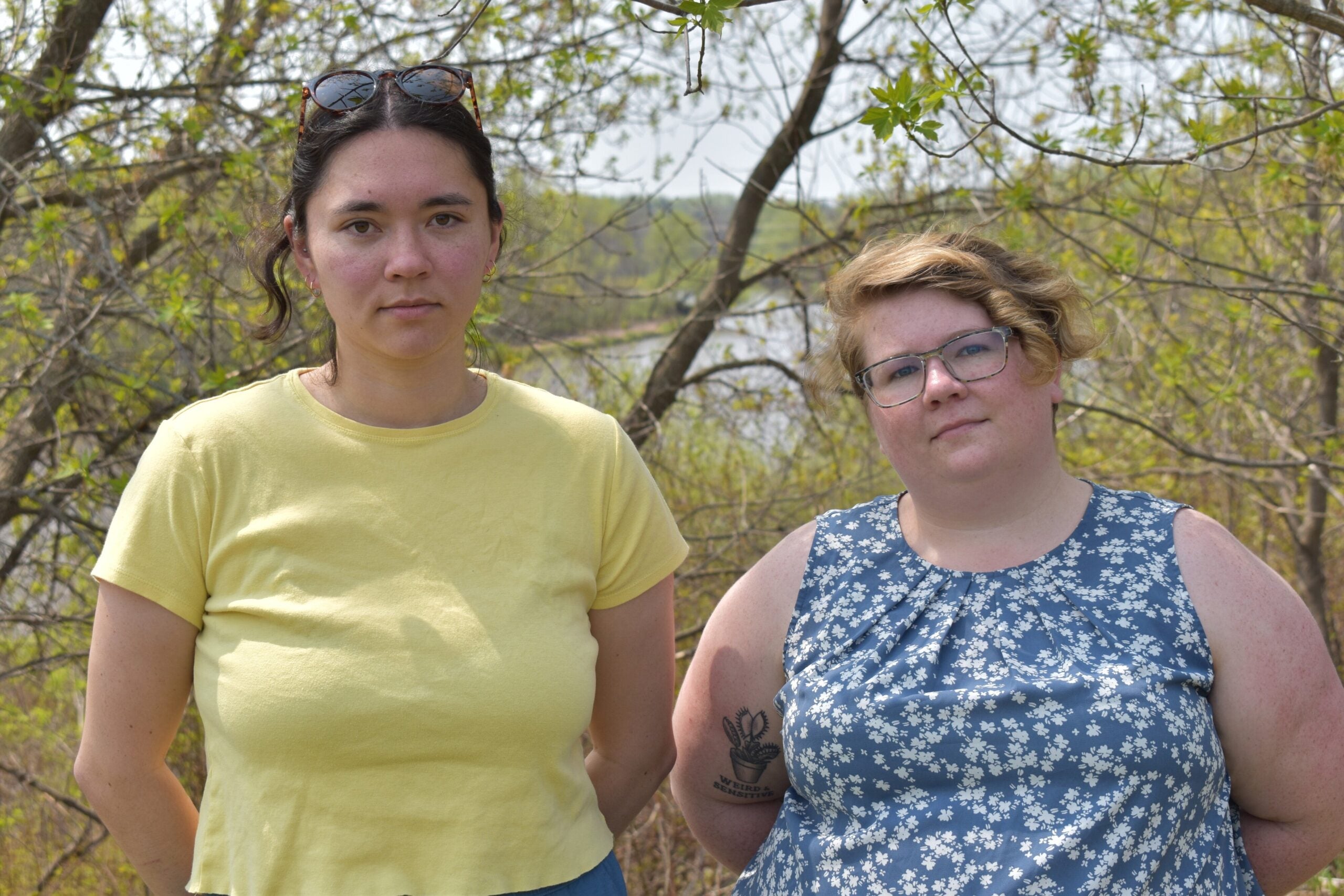The federal government is requiring BNSF railway to send it weekly reports showing progress toward reducing a backlog in coal shipments to Wisconsin.
The order from the federal Surface Transportation Board and a meeting on Thursday with BNSF and congressmen from Wisconsin and Minnesota may help break the backlog of coal shipments.
U.S. Rep. Ron Kind (D-La Crosse) said the railroad has been responsive and is trying to speed-up delivery of coal, particularly to Dairyland Power Cooperative of La Crosse. Dairyland’s coal-fired generating stations in Genoa and Alma produce electricity for 40 power companies in four states, including Wisconsin.
Stay informed on the latest news
Sign up for WPR’s email newsletter.
In a report to the Surface Transportation Board, the cooperative said if shipments don’t increase, they’ll run out of coal by the end of January.
Kind said BNSF is bumping other cargo like coal and grain in favor of the lucrative Bakken oil.
“Talking to Dairyland, they told me they were just two weeks away from a major crisis earlier this year during that cold, deep freeze that came down from Canada,” said Kind. “So, they got very, very nervous and they’re trying to guard against that again.”
Meanwhile, State Sen. Bob Jauch (D-Polar) and three other legislators sent a letter on Wednesday to the Surface Transportation Board, urging them to compel BNSF to make up for the backlog of coal. If they don’t, Jauch said, there will be an energy crisis.
“The shortages will occur at the worst time of the year — in January, February, March and April — like the propane crisis forcing consumers to pay exorbitant and unacceptable prices,” said Jauch. “Because if they can’t get sufficient coal to generate power with their guaranteed contracts, they’re going to be required to pay it on the open market where the costs are highest.”
Dairyland Power estimated that BNSF will have to triple the amount of coal it currently ships every week to avert the crisis.
Wisconsin Public Radio, © Copyright 2024, Board of Regents of the University of Wisconsin System and Wisconsin Educational Communications Board.






